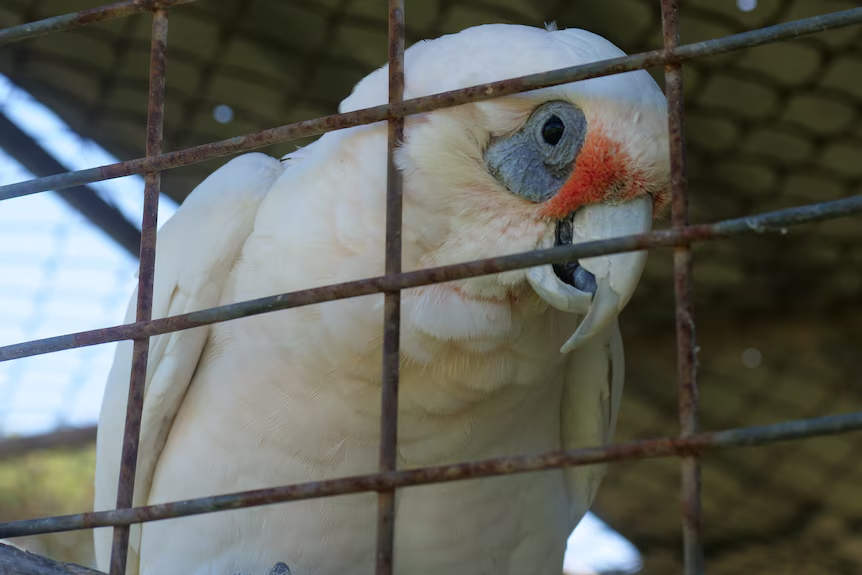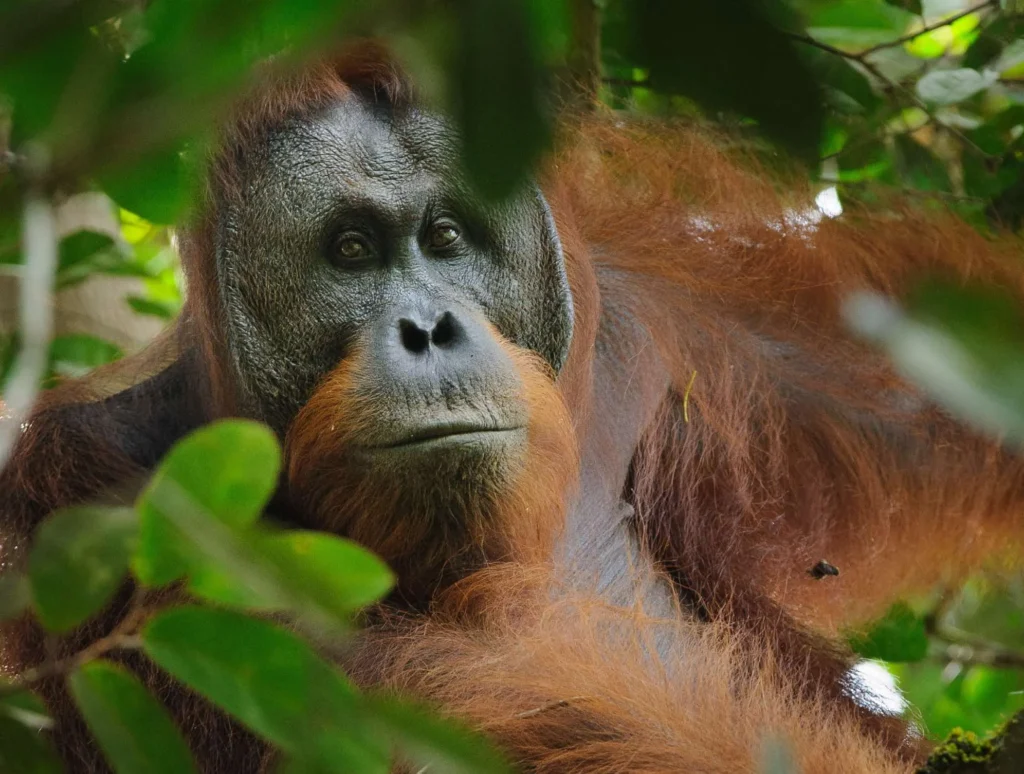When we think of long-living animals, tortoises or whales might come to mind first.
But did you know that one of the world’s oldest living parrots is said to be over 120 years old? His name is Charlie, and he’s not just a pretty bird—he’s a feathery piece of history.
A Bird from the Victorian Era?
Charlie is a blue-and-yellow macaw, a species known for their vibrant colors, loud squawks, and long lifespan. While most macaws live between 50 and 80 years in captivity, Charlie has far surpassed that, with some claims dating him all the way back to the year 1899.
According to local legend in Surrey, England, Charlie once belonged to none other than British Prime Minister Winston Churchill. That’s right—the same Churchill who led Britain through World War II. Some say Charlie was Churchill’s pet during the war and that the bird was even known for shouting anti-Nazi slurs. Although Churchill’s family has denied this connection, the story has only added to Charlie’s fame.
A Feathered Celebrity
Charlie lives at a garden center near Reigate in Surrey, where he’s been cared for by the same family for decades. Visitors from all over the world stop by just to catch a glimpse of the ancient macaw. Despite his age, Charlie still has plenty of energy. He squawks loudly, enjoys the occasional treat, and seems to love the attention.
“He’s grumpy, loud, and a bit cheeky,” one caretaker once said, “but that’s part of his charm.”
His vocabulary, though a bit salty at times, includes a range of phrases that he repeats with enthusiasm. While we can’t say for sure if he ever met Churchill, his character definitely makes you believe he’s seen a lot in his time.
What’s the Secret to His Long Life?
Parrots are known for their intelligence and strong social bonds, which might play a role in their long lifespan. But living more than 100 years is still extremely rare, even for a macaw.
Charlie’s caretakers say the key to his longevity is a healthy diet, plenty of social interaction, and regular veterinary checkups. Unlike wild birds, parrots in captivity are less exposed to predators, accidents, and disease, which can help them live longer. Charlie has also enjoyed a stable home for many years, which may have added to his well-being.
Interestingly, parrots like Charlie also need mental stimulation to stay healthy. Without enough interaction or entertainment, they can become depressed or even pluck their own feathers. Charlie, however, seems to thrive on human company and loves chatting with anyone who will listen.
Not Just a Pet, But a Personality
What makes Charlie so fascinating isn’t just his age. It’s the way he interacts with people, his bold attitude, and the stories that swirl around him. Whether or not he really belonged to Winston Churchill doesn’t seem to matter anymore. He has become a character in his own right—a symbol of endurance and curiosity.
He has lived through two World Wars, the rise and fall of empires, and the invention of the internet. And while many animals leave behind bones or fossils, Charlie is a living creature who carries history in his feathers and voice.
A Reminder from the Animal Kingdom
Charlie’s story is a reminder that animals are more than just pets. They are companions, witnesses, and, sometimes, legends. His age and charm inspire people of all ages to learn more about parrots, animal care, and even history.
It’s also a lesson in commitment. Owning a parrot is a lifetime—sometimes even multi-generational—responsibility. Some families pass parrots down from one generation to the next, much like heirlooms.
The Future of Charlie
Though his exact age is impossible to confirm, Charlie continues to be a beloved member of his community. He may be a little cranky now and then, but that’s part of his personality. He’s earned it after more than a century of life.
His caretakers remain committed to giving him the best quality of life possible. They know he’s special—not just because he’s old, but because he brings joy, laughter, and a sense of wonder to everyone who meets him.
So if you ever find yourself near Surrey, don’t miss the chance to meet Charlie. You might not just be looking at a bird. You might be looking at a living piece of history—one that talks back!




